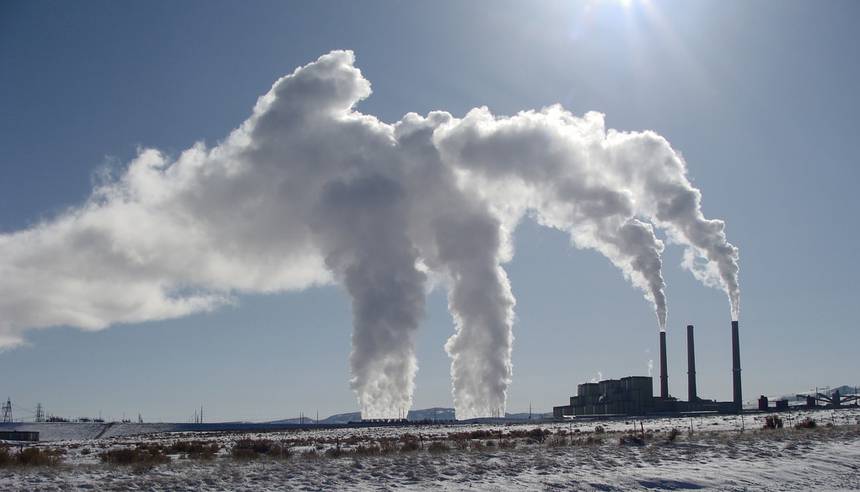And people keep saying it’s too expensive to deal with climate change.
Like many people, I was depressed to see headlines suggesting that US carbon emissions rose last year. The window of opportunity for fending off the worst impacts of climate change is rapidly closing, and we desperately need to pick up the pace of decarbonization—so every year lost means we must make more drastic cuts later.
That said, there’s reason to be hopeful that once we do turn the corner on emissions, progress can be made pretty rapidly. And nowhere is this more evident than in the world of coal. Not only are we continuing to see record rates of coal power plant closures across the United States, but evidence is mounting that many of the coal plants that are left are already losing money, with the remainder set to become uneconomical in the very near future.
David Roberts over at Vox has an important update on this front from Colorado—reporting on figures from PacifiCorp showing that 13 of the state’s 22 coal power plants are currently losing money. And those figures aren’t even the bleakest for the black stuff. Separately, an analysis by Sierra Club found that it would be cheaper to replace 20 of the state’s 22 coal plants with wind. And yet another study, this time from Vibrant Clean Energy, suggests that phasing out every single coal power plant in the state as soon as 2025 could save the state $2.5 billion and increase energy sector jobs in the process.
As usual with such stories, I’m going to let people smarter than I dive into the various scenarios presented and the assumptions made by the researchers in each analysis. There are always agendas at work and narratives being advanced. But the one thing I’ll note is that there’s a common thread: coal is rapidly losing money, even in an economy where pollution is woefully subsidized and external costs are foisted on society at large.
Imagine what would happen if coal actually had to pay its way in terms of the environmental and health impacts it has on those of us who breathe air? All of a sudden, extensive energy efficient retrofits or rapid societal decarbonization don’t look so economically unrealistic anymore.
As for Colorado, Roberts also notes that incoming governor Jared Polis may take a keen interest in these numbers: One of his signature campaign promises was 100% clean energy for the state by 2040.
